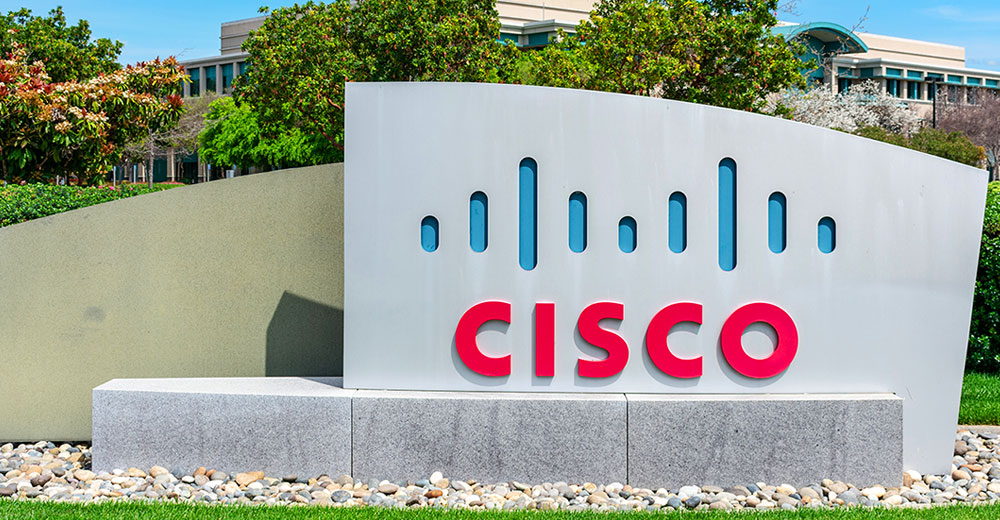
The U.S. Senate passed legislation on Wednesday to ease restrictions on embryonic stem cell research, but the 63-34 vote in favor of the bill fell short of the two-thirds majority necessary to override an expected presidential veto.
The House passed similar legislation earlier this year and is expected to adopt the Senate’s version.
S.5, or the Stem Cell Research Enhancement Act, would amend the Public Health Service Act to require the Secretary of Health and Human Services to conduct and support research that uses human embryonic stem cells, regardless of the date on which the stem cells were derived from a human embryo. Currently, federally funded scientists can conduct research on embryonic stem cells only if the cells were derived before Aug. 9, 2001, at 9 p.m.
‘Exciting’ Potential
Stem cells are created in the first days after conception and are collected from leftover frozen embryos that result from in vitro fertilization at fertility clinics; the embryos are destroyed in the process.
Stem cells are thought to hold great promise for medical research into many diseases.
“This is the one bill that, at long last, will unleash some of the most exciting and promising research of modern times,” said Sen. Tom Harkin (D-Iowa), who is the lead sponsor of the legislation. “S.5 will lift the president’s arbitrary restrictions on stem cell research and bring hope to millions of Americans who suffer from juvenile diabetes, Parkinson’s, cancer, spinal cord injuries and many other diseases and conditions.”
Ethical Questions
Using human embryo stem cells has been highly controversial, raising ethical questions.
“This bill crosses a moral line that I and many others find troubling,” Bush said in a statement after the Senate vote. “If it advances all the way through Congress to my desk, I will veto it.”
“We agree with the president on this issue,” Douglas Johnson, legislative director for the National Right To Life Committee, told TechNewsWorld. “We have an ethical objection to using human embryos, and we are opposed to this legislation. We fully expect that the president’s veto will be sustained.”
Regarding the potential of stem cell research, “not a single human patient has yet been helped by stem cells obtained by killing human embryos,” Johnson asserted. “Meanwhile, many thousands of human patients have been helped with other types of stem cells, obtained in noncontroversial ways that do not require harming human embryos.”
Unique Benefits
Yet those in the industry emphasize that embryonic stem cells offer unique benefits for research into diseases and their treatment.
“We now have stem cell lines that include genetic markers for specific diseases,” Andrew Cohn, a spokesperson for WiCell Research Institute, told TechNewsWorld. “It would be tremendous for researchers to have lines that were predetermined for ALS (Amyotrophic Lateral Sclerosis), for example, and to compare them with those of people who don’t. There are countless scientific reasons why additional lines would be helpful.”
With an upcoming presidential veto more or less certain, of course, that potential doesn’t seem likely to be realized anytime soon. However, a trial currently underway by Geron, in which embryonic cells are being used to treat spinal injuries, may go a long way toward convincing opponents in the future, Cohn added.
For now, “I think scientists will continue to move forward, but more slowly than they would,” Cohn said. “And I assume that whoever the next the president is, this policy will be gone in a few years.”





















































